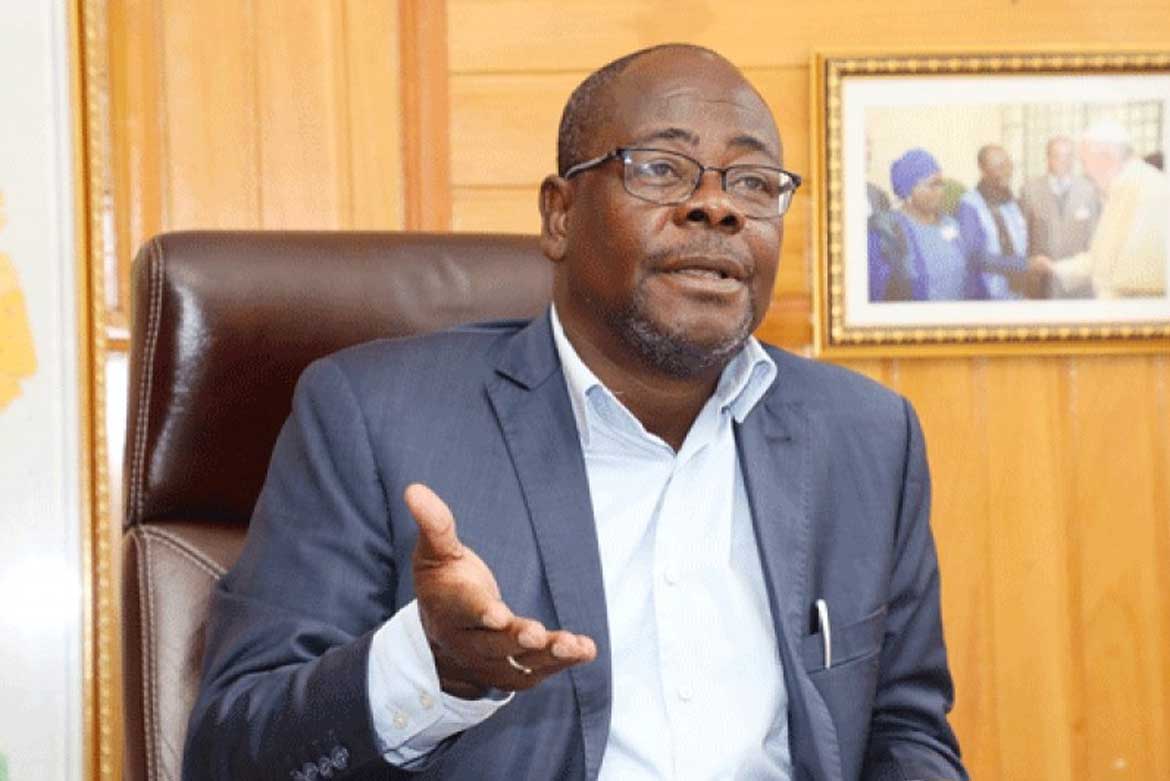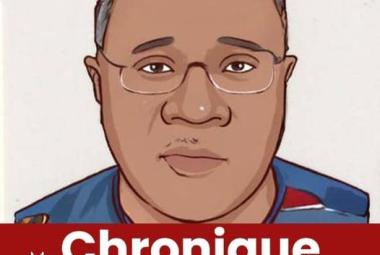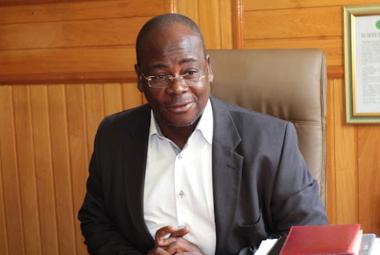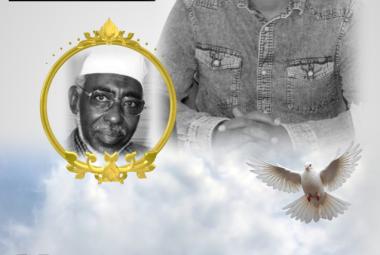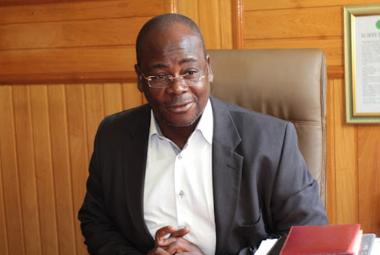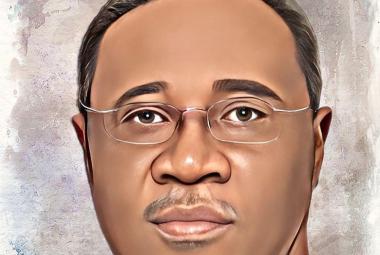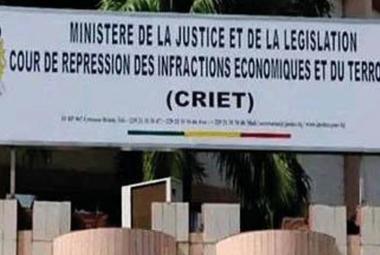Mr. Macky Sall, President of the Republic of Senegal and of the African Union and the President of the Commission of this African Union, the Chadian Moussa Faki Mahamat went to Russia to meet Mr. Vladimir Poutine, the President of this country, on the one hand, to attempt a mediation in order to put an end to the war which opposes Russia to its neighbor Ukraine, and on the other hand, (and perhaps even above all), to plead so that the African continent is no longer deprived of cereals and fertilizers from these two countries. Indeed, if no gesture is made on the part of Russia, which for the moment is the mistress of the game in this war, we Africans risk starving to death. What a paradox!
Africa has long been presented as the continent holding the last remaining fertile land on the planet. And it is a fact that several European and Asian countries have bought large portions of land in several African countries in order to practice subsistence agriculture. We also risk running out of fertilizer to fertilize our soils. Because our fertilizer also comes from Russia and Ukraine. And yet Morocco and Togo, two African countries, are two major producers of phosphate which is used to produce fertilizer. Why do we risk starvation? Well, because those countries that grow food on our lands do so to feed their peoples first. Not us. The same is true for our fish resources. They send huge factory ships to plunder all the fish in our seas, without worrying about their reproduction, package them on their ships and go to eat them at home. It is their surplus in agricultural or fishery products that they sell to us at very low prices against which our own production cannot compete.
What are we doing during this time? In agriculture, we grow what they, rich countries, need to develop their industries, flatter their taste buds or beautify their homes, namely rubber, coffee, flowers, cocoa, palm oil or peanut, cashew, cotton, vanilla, etc. So many products from our land that we do not consume, if not very little. At sea, our fishermen, unable to compete with their big fishing boats with their wooden canoes, have to be content with small fish that manage to escape the very tight meshes of their fishing nets. They are condemned in the long term to abandon this profession which nevertheless provides a living for thousands, even millions of people. Inland, we are conscientiously polluting all our streams and streams with gold panning, regardless of what water we will drink tomorrow. Just as we cared little about how we will breathe tomorrow when we just as conscientiously destroyed virtually all of our forests. As for our mineral wealth, which is immense, we really offer it for crumbs to the industrialized countries, since in all this time we have not yet seen fit to learn how to extract it ourselves.
Do Africans realize the harm they are doing to themselves? So why don't we learn to exploit our mining or fishing resources ourselves? Why don't we learn to exploit those we can, in a somewhat rational way? What prevents us from seriously reforesting our destroyed forests? Why don't we organize the exploitation of gold better, instead of letting lawless men, among whom terrorists can hide, come and ransack our lands, our rivers and our rivers while creating the insecurity and the development of prostitution wherever they settle? Are these miners really stronger than our States? And when it comes to our food, why don't we prioritize growing what can feed us? How long will it take us to understand that as long as we have not managed to ensure by ourselves the minimum for all humans, which is to feed themselves, it would be pointless to talk about development?
The war in Ukraine is in the process of showing us if it was still needed that we had taken a wrong road. As an African proverb that I have just created to wink at my friend J. Rémy N'gono of RFI says, if you get used to waiting for your neighbor to feed you, you will be very hungry the next day when he will quarrel with his wife. Africa must prepare to be very hungry because Russia is in palaver with Ukraine.
By Venance Konan
*This article has been translated from French into English by Marcus Boni Teiga



